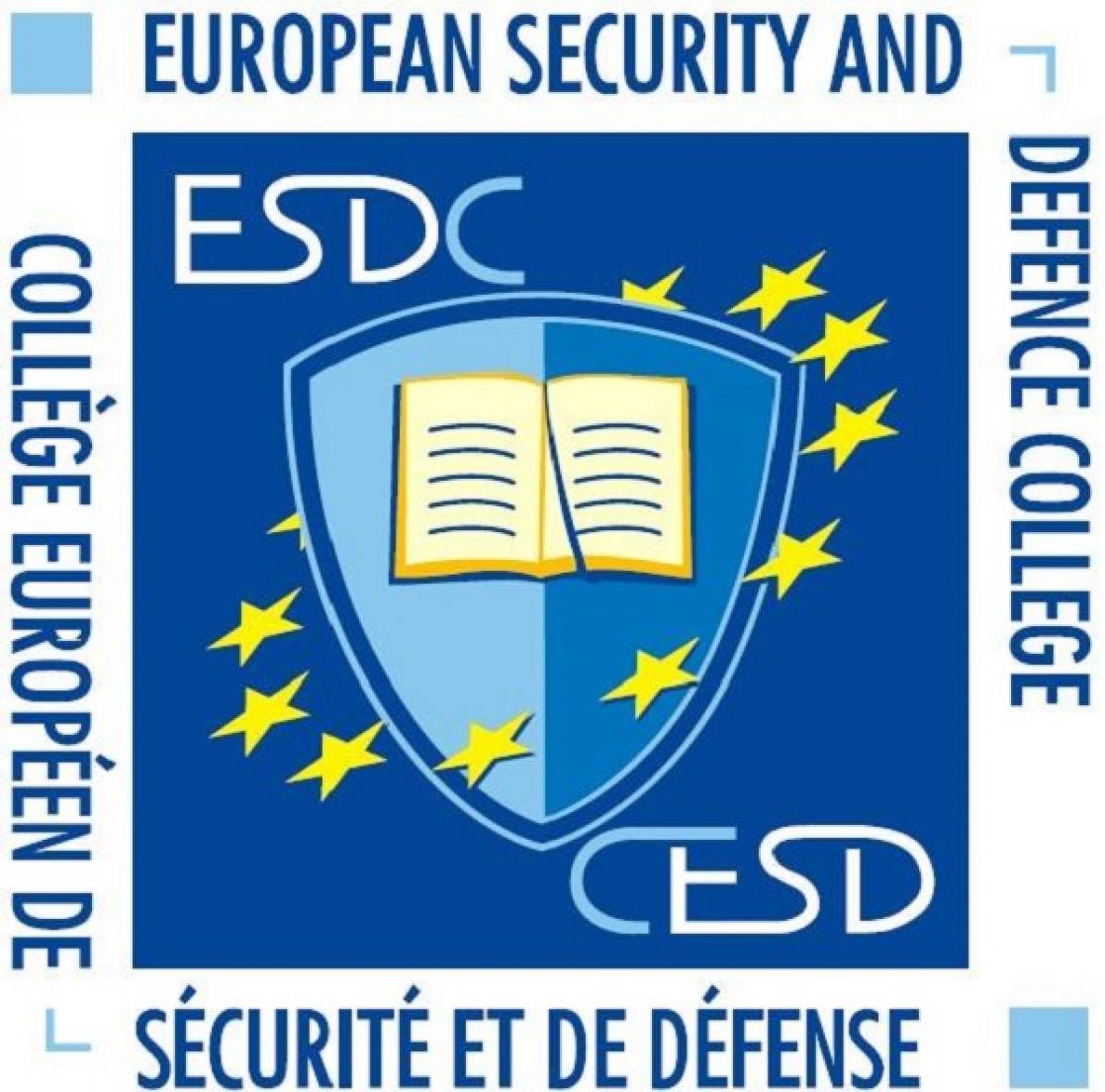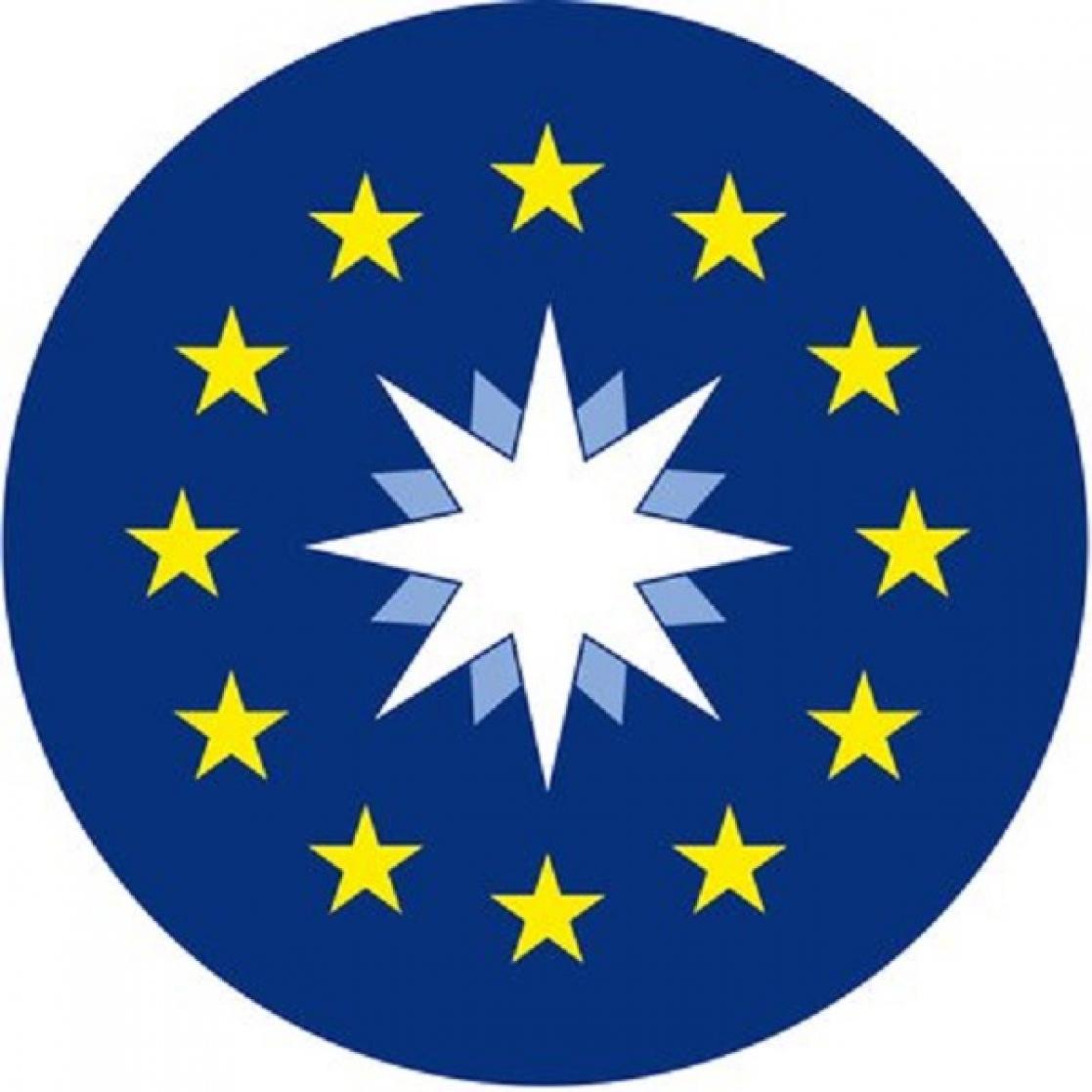The Common Security and Defence Policy
CSDP structure, instruments and agencies
In order to enable the European Union to fully assume its responsibilities for crisis management and act as a global security actor, EU Member States decided to establish permanent political, military and civilian structures.
Sur cette page
- The Political and Security Committee (PSC)
- The European Union Military Committee (EUMC)
- Committee for Civilian Aspects of Crisis Management (CIVCOM)
- The Politico-Military Group (PMG)
- Security and Defence Directorate (SECDEFPOL.DMD)
- Peace, Partnerships and Crisis Management Directorate (PCM)
- The European Union Military Staff (EUMS)
- The Civilian Planning and Conduct Capability (CPCC)
- The Military Planning and Conduct Capability (MPCC)
- European Defence Agency (EDA)
- European Security and Defence College (ESDC)
- European Union Institute for Security Studies
- European Union Satellite Centre
Navigate the topic
The Political and Security Committee (PSC)
The Political and Security Committee (PSC) meets at the ambassadorial level as a preparatory body for the Council of the EU. Its main functions are keeping track of the international situation, and helping to define policies within the Common Foreign and Security Policy (CFSP) including the CSDP. It prepares a coherent EU response to a crisis and exercises its political control and strategic direction.
Read more: The Political and Security Committee
The European Union Military Committee (EUMC)
The European Union Military Committee (EUMC) is the highest military body set up within the Council. It is composed of the Chiefs of Defence of the Member States, who are regularly represented by their permanent military representatives. The EUMC provides the PSC with advice and recommendations on all military matters within the EU.
Read more: The European Union Military Committee
Committee for Civilian Aspects of Crisis Management (CIVCOM)
In parallel with the EUMC, the PSC is advised by a Committee for Civilian Aspects of Crisis Management (CIVCOM). This committee provides information, drafts recommendations, and gives its opinion to the PSC on civilian aspects of crisis management.
The Politico-Military Group (PMG)
The Politico-Military Group (PMG) carries out preparatory work in the field of CSDP for the Political and Security Committee. It covers the political aspects of EU military and civil-military issues, including concepts, capabilities and operations and missions. It prepares Council Conclusions, provides Recommendations for PSC, and monitors their effective implementation. It contributes to the development of (horizontal) policy and facilitates exchanges of information. It has a particular responsibility regarding partnerships with third states and other organisations, including EU-NATO relations, as well as exercises. The PMG is chaired by a representative of the High Representative.
Security and Defence Directorate (SECDEFPOL.DMD)
The Security and Defence Policy Directorate (SECDEFPOL) is the EEAS Directorate responsible for coordinating and managing the EEAS overall contribution to addressing external security threats and supporting efforts to implement the EU Global Strategy in the area of security and defence, in particular as regards the development of policies and tools to fulfil the EU level of ambition and the further development of the EU’s Common Security and Defence Policy.
This includes work on strategic issues and policy areas including cyber security, CBRN, hybrid, maritime security, counter-terrorism, disarmament, non-proliferation and arms export control, as well as defence policy and initiatives (such as the Strategic Compass) aimed at deepening defence cooperation and developing civilian and military capabilities to enhance the EU’s role as security and defence provider able to address both long-standing and new security threats and contribute to global peace and security. It is also responsible for fostering partnerships on security and defence with third countries and international and regional organisations (e.g. UN, NATO, African Union) and negotiates agreements with third countries on the participation in EU CSDP missions and operations.
The Directorate consists of six divisions dealing with: Strategy, Coordination and Policy (SECDEFPOL.1), Hybrid Threats and Cyber (SECDEFPOL.2), Counter Terrorism (SECDEFPOL.3), Disarmament, Non-Proliferation and Arms Export Control (SECDEFPOL.4), Space (SECDEFPOL.5), and Maritime security (SECDEFPOL.6).
Peace, Partnerships and Crisis Management Directorate (PCM)
The Peace, Partnerships and Crisis Management Directorate (PCM) has an important role in the coordination of the EU’s response throughout the entire conflict cycle, from early warning and horizon scanning to peace mediation, political-strategic planning for crisis management and stabilisation. PCM ensures that the EU’s response is effective, conflict sensitive and based on a proper analysis with a focus on delivering stabilisation and peace. The Directorate consists and of four divisions: Integrated Approach for Peace and Security (PCM 1) with the Secretariat for the Partnership for Security and Stability for the Sahel (P3S); Peace, Security and Defense Partnerships (PCM 2); Strategic planning for crisis management (PCM 3) and the European Peace Facility (PCM 4).
Find out more about the PCM Directorate
The European Union Military Staff (EUMS)
The European Union Military Staff (EUMS) - working under the direction of the EU Military Committee (EUMC) and under the authority of the High Representative/Vice President (HR/VP) - is the source of collective (multi-disciplinary) military expertise within the European External Action Service (EEAS). As an integral component of the EEAS’s Comprehensive Approach, the EUMS coordinates the military instrument, with particular focus on operations/missions (both military and those requiring military support) and the creation of military capability. Enabling activity in support of this output includes: early warning (via the Single Intelligence Analysis Capacity - SIAC), situation assessment, strategic planning, Communications and Information Systems, concept development, training and education, and support of partnerships through military-military relationships. Concurrently, the EUMS is charged with sustaining the EU OPSCEN and providing its core staff when activated.
The Civilian Planning and Conduct Capability (CPCC)
The Civilian Planning and Conduct Capability (CPCC), which is part of the EEAS, is the permanent structure responsible for an autonomous operational conduct of civilian CSDP operations. Under the political control and strategic direction of the Political and Security Committee and the overall authority of the High Representative, the CPCC ensures the effective planning and conduct of civilian CSDP crisis management operations, as well as the proper implementation of all mission-related tasks.
The Military Planning and Conduct Capability (MPCC)
The Military Planning and Conduct Capability (MPCC) was established on 8 June 2017 with the aim of enabling the EU to react in a faster, more efficient and effective manner as a security provider outside its borders. The MPCC is responsible for the operational planning and conduct of the EU’s non-executive military missions. It now commands the EU Training Missions (EUTM) in Mali, Somali and the Central African Republic. On 19 November 2018, the Council agreed to give the MPCC the additional responsibility to be ready also to plan and conduct one executive military operation of the size of an EU Battlegroup.
European Defence Agency (EDA)
- Agency of the Council of the European Union supporting the development of defence capabilities and military cooperation among its Member States (all EU Member States except Denmark);
- Set-up in July 2004, its Steering Board meets at the level of defence ministers;
- The Agency is headed by the High Representative of the Union for Foreign Affairs and Security Policy who is also Vice-President of the European Commission;
- Based in Brussels, the EDA enables and facilitates defence cooperation among its Member States for the whole life-cycle of a capability including cooperation in research and technology as well as procurement or training.
The European Defence Agency was established under a Joint Action of the Council of Ministers on 12 July 2004 (2004/551/CFSP), “to support the Council and the Member States in their effort to improve the EU’s defence capabilities in the field of crisis management and to sustain the European Security and Defence Policy (ESDP) as it stands now and develops in the future”. To implement the provisions of the Lisbon Treaty, this Joint Action was first replaced by a Council decision on 12 July 2011 which was later revised by Council decision (CFSP) 2015/1835 of 12 October 2015 on the statute, seat and operational rules of the EDA.
The European Defence Agency’s initial main missions are to develop defence capabilities; promote defence research and technology (R&T); foster armaments co-operation; and to create a competitive European Defence Equipment Market as well as to strengthen the European Defence, Technological and Industrial Base.
In May 2017, following a Long Term Review (LTR) initiated by the Head of the Agency, Defence ministers agreed to reinforce EDA’s mission by strengthening its role as the main instrument for intergovernmental capability planning and prioritisation in Europe; as the prime forum and coordinator for the whole lifecycle of capability development; and as Member States’ central interface and gateway towards EU institutions and stakeholders.
The Agency has signed Administrative Arrangements with Norway (2006), Switzerland (2012), the Republic of Serbia (2013) and Ukraine (2015) enabling them to participate in EDA’s projects and programmes.
See also: The European Defence Agency
European Security and Defence College (ESDC)

The European Security and Defence College (ESDC) was established in 2005, with the aim of providing strategic-level education in European Security and Defence Policy, now Common Security and Defence Policy (CSDP). It followed thorough need analysis and experimentation phases. The creation of the ESDC was to give the Common Security and Defence Policy a training and education instrument which actively promotes a European security culture.
European Union Institute for Security Studies
The European Union Institute for Security Studies (EUISS) is an EU agency dealing with the analysis of foreign, security and defence policy issues.
The EUISS was set up in January 2002 as an autonomous agency under the Common Foreign and Security Policy (CFSP) [Council Joint Action 2001/554, amended by Council Joint Action 2006/1002] to foster a common security culture for the EU, support the elaboration and projection of its foreign policy, and enrich the strategic debate inside and outside Europe. Based in Paris, with an antenna in Brussels, the EUISS is now an integral part of the new structures that underpin the further development of the CFSP/CSDP.
The Institute’s core mission is to provide analyses and fora for discussion that can be of use and relevance to the formulation of EU policy. In carrying out that mission, it also acts as an interface between European experts and decision-makers at all levels.
The Institute is funded by the EU Member States according to a GNP-based formula. It is governed by a Board, chaired by the High Representative of the Union for Foreign Affairs and Security Policy (HR), which lays down its budgetary and administrative rules and approves its work programme. The Political and Security Committee (PSC) exercises political supervision - without prejudice to the intellectual independence and operational autonomy of the EUISS.
European Union Satellite Centre

The Centre was founded in 1992 and incorporated as an agency into the European Union in January 2002 to provide geospatial intelligence products and services in the context of the Common Foreign and Security Policy and, in particular, the Common Security and Defence Policy, primarily through the analysis of data from Earth observation satellites. Based in Torrejón de Ardoz, Spain, the EU SatCen is a now a fully operational agency of the EU in the field of space and security. The EU SatCen is becoming the leading provider of security-related geospatial information products and services in the EU and is fully connected to the EU CFSP/CSDP structures as well as all relevant development and cooperation actions in the space and security domain.
The SatCen has supported and is currently supporting the EEAS, EU Member States, the European Commission, Third States and international organisations such as the UN and NATO in decision-making in the field of CFSP/CSDP. Prime beneficiaries of SatCen services are EEAS bodies and CSDP missions and operations.
The SatCen is funded by the EU Member States. It is governed by a board consisting of representatives of all EU Member States, which approves its budget and work programme. It is under the supervision of the Political and Security Committee (PSC) and the operational direction of the High Representative of the Union.

